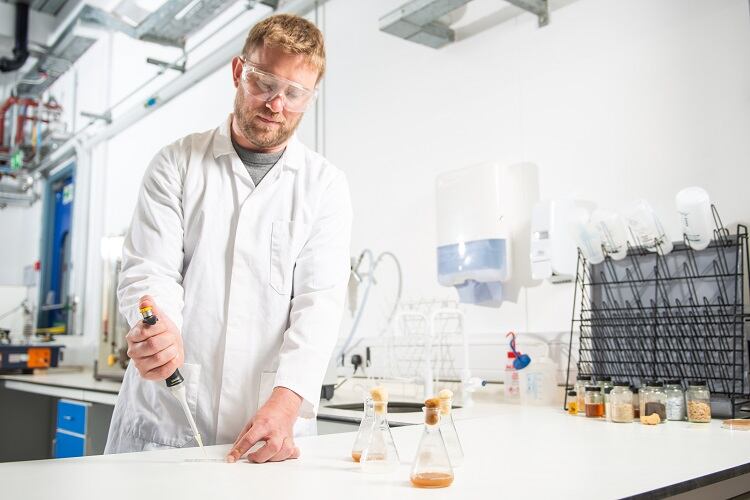Döhler Group supplies a wide range of ingredients to food and beverage manufacturers, ranging from health to plant-based ingredients, colours and flavours. The company boasts more than 45 production sites and operates in more than 160 countries.
The Germany-headquartered ingredients supplier is now looking to buildout its product portfolio and expand its operations with the acquisition of Royal Cosun-owned SVZ, which specialises in fruit and vegetable ingredients.
The planned takeover (sum undisclosed) is subject to regulatory approval.
SVZ is best-known for its purees, concentrates and ingredients of sustainably sourced vegetables and red berries. “With this acquisition, customers will benefit from an even broader ingredient portfolio and larger raw material base,” noted Döhler.
The move responds to a growing trend for ‘healthier nutrition’ and demand for ‘ingredients that offer better nutritional value and superior sensory experiences from sustainable raw materials’, the company added. “SVZ’s portfolio contributes to this trend by offering a variety of low-calorie, high-fibre and nutrient-rich fruit and vegetable ingredients that enhances the overall nutritional content of food and beverages.
“SVZ’s products seamlessly integrate with Döhler’s portfolio of natural ingredients and ingredient systems.”
The SVZ brand will be continued, and its staff retained, Katharina Wallace, marketing manager at Döhler told FoodNavigator. “SVZ is based on a passionate expert team and this is an acquisition for growth, hence our plan is to retain employees.”
If approved, the acquisition will see Döhler take over SVZ’s production facilities in Belgium, Poland, Spain and the US – allowing for the expansion of its operations in the US and Japan.
“Döhler has sales and innovation offices in both countries and operates two plants in the US for flavour, tea ingredients and integrated solutions. This acquisition will localise fruit and vegetable production in the US,” said Wallace.
For SVZ owner Cosun, the transaction aligns with its ‘strategic priorities’. The farmer-owned cooperative and agri-food company believes Döhler can give an ‘impulse’ to the further development of SVZ and its employees.
Divesting SVZ will allow Cosun to ‘bring more focus’ to its portfolio, which include businesses groups Aviko, Cosun Beet Company, Cosun Protein, Cosun Biobased Experts, Dynie Group, and Sensus.
Approval from the Dutch competition authority has been requested and the transaction expected to close by the end of next month.
Seeing red?
Conventional red colouring, known as carmine, is derived from cochineal insects. As such, it does not meet demands for animal-free products.
Döhler’s interest in alternative methods of production, either though plants (as SVZ has been doing with fruit and vegetables) or via cellular agriculture technology, appears to be building.
Earlier this year, the Germany ingredients supplier’s investment arm, Döhler Ventures, invested in Chromologics, a Danish start-up leveraging precision fermentation technology to produce ‘natural’ red food colour. Chromologics’ flagship product, Natu.Red, aims to replace carmine, betanin (derived from beets), and synthetic colouring Red 40.



